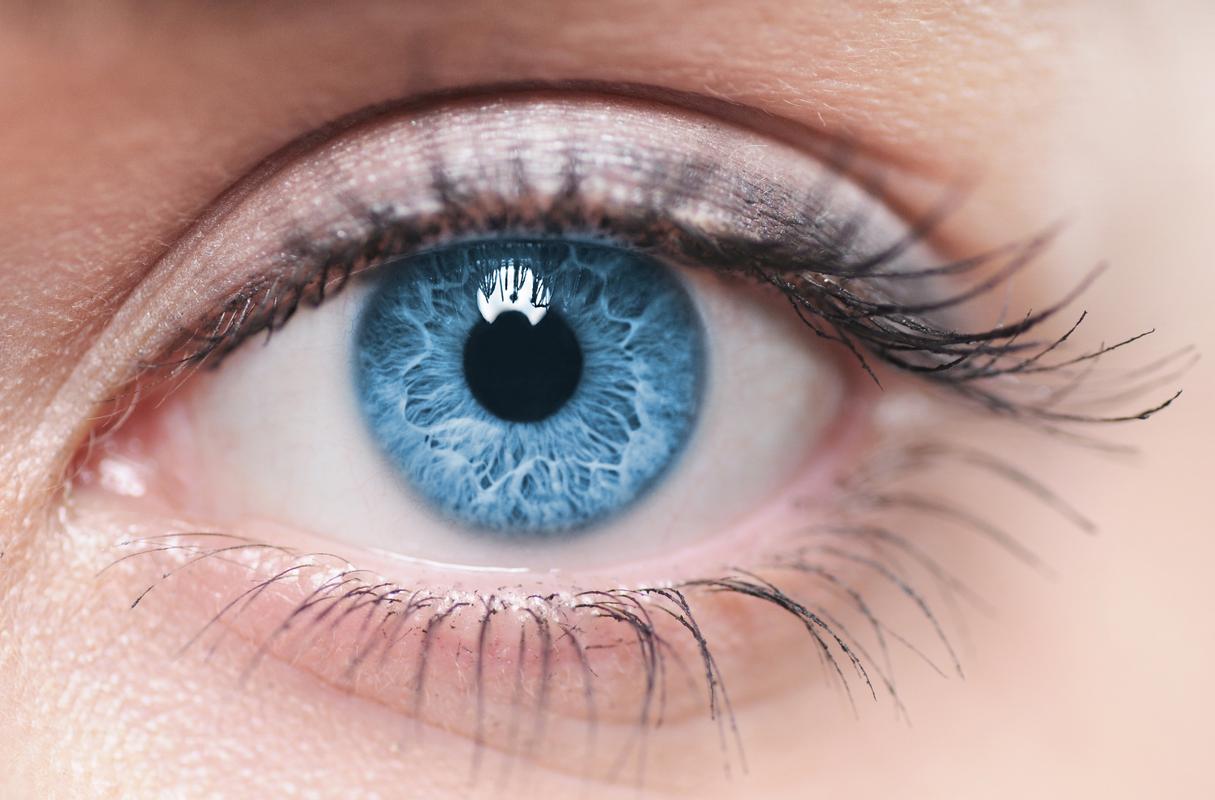Interest into research of the micro-organisms that live on our eye, such as bacteria, viruses and yeasts, is on the rise. This collection of micro-organisms on the eye we call the eye microbiome. In her doctoral research dr. Heleen Delbeke, of the ophthalmology department at UZ Leuven, studies the DNA of micro-organisms from eye samples of some 500 volunteers. In a first phase she wants to identify common micro-organisms on our ocular surface, but also which factors influence our eye microbiome. The ultimate goal is to gain more insight in specific eye disorders. The reseachers hope to clarify the susceptibility of contact lens wearers for serious eye infections and to explain common complaints of irritation after cataract surgery.
DNA research
Cultivating micro-organisms present in samples only shows a small fraction of the microbiome. Researchers therefore choose to study micro-organisms from eye samples via sequencing. This technique reads the DNA of the micro-organisms present. This will give researchers a detailed and diverse view on what lives on our ocular surface.
It's exactly the large amount of unknown information that makes research into the eye microbiome so interesting and fascinating.dr. Heleen Delbeke
In contrast to the microbiome of e.g. gut flora, the eye microbiome has not been studied much. Within Europe, not even one trial has been published. Dr. Heleen Delbeke: “It is exactly the large amount of unknown information which makes research into the eye microbiome so interesting and fascinating. Taking the samples has to be done with great care, because the eye contains a lot less bacteria than for instance the skin.”
Thousands of samples
Dr. Heleen Delbeke: “We ask the volunteers from whom we have taken an eye sample to fill out an extensive questionnaire. This enables us to link the eye microbiome to internal factors such as age and sex, but also external factors such as residence, screen usage and sporting habits. A telling example is an ardent swimmer. If someone swims three times a week, and the eyes are in contact with chlorine, this can have an influence on the eye microbiome. An other interesting example is the increase of dry eyes in post-menopausal women. By examing the eye microbiome we learn more about the hormonal influence on our eyes.”
By having the volunteers we took a sample from fill out a questionnaire, we can link variations in the eye microbiome to internal factors such as age and sex, but also to external factors such as residence, screen usage and sporting habits.Dr. Heleen Delbeke
In the autumn of 2019, the trial was officially launched on the Dag van de Wetenschap (Science Day). From more than 200 volunteers a sample was taken from both eyes. As soon as the corona pandemic allows, two eye samples from another 300 volunteers will be taken. In addition, part of the trial will be long-term, to be able to study changes in the eye microbiome over time. For this 25 people will be followed over a one year period and another 25 over a two-year period so that the influence specific factors such as seasons can also be assessed.
Impact cataract surgery on the eye microbiome
In the meantime, UZ Leuven will start a follow-up trial to further interpret the results from the first trial. In this trial researchers will delve deeper into the eye microbiome of people that have to undergo a cataract operation, a disorder that causes the lens to cloud over. By making a comparison between the micro-organisms on the ocular surface before and after cataract surgery, the effect of the use of disinfection, anaesthesia and medication during the procedure can be studied. Dr. Delbeke: “After a cataract operation, some people present complaints we do not always have an explanation for. We hope to find that explanation in this trial.”
The trials are in collaboration with prof. Marie Joossens, prof. dr. Ingele Casteels, prof. dr. Ingeborg Stalmans and the Fonds voor Academische Studies aan UZ Leuven.
Take part in the trial
If you are interested in participating in the trial, you can register as a volunteer via heleen.delbeke@uzleuven.be or ingeborg.vriens@uzleuven.be.
